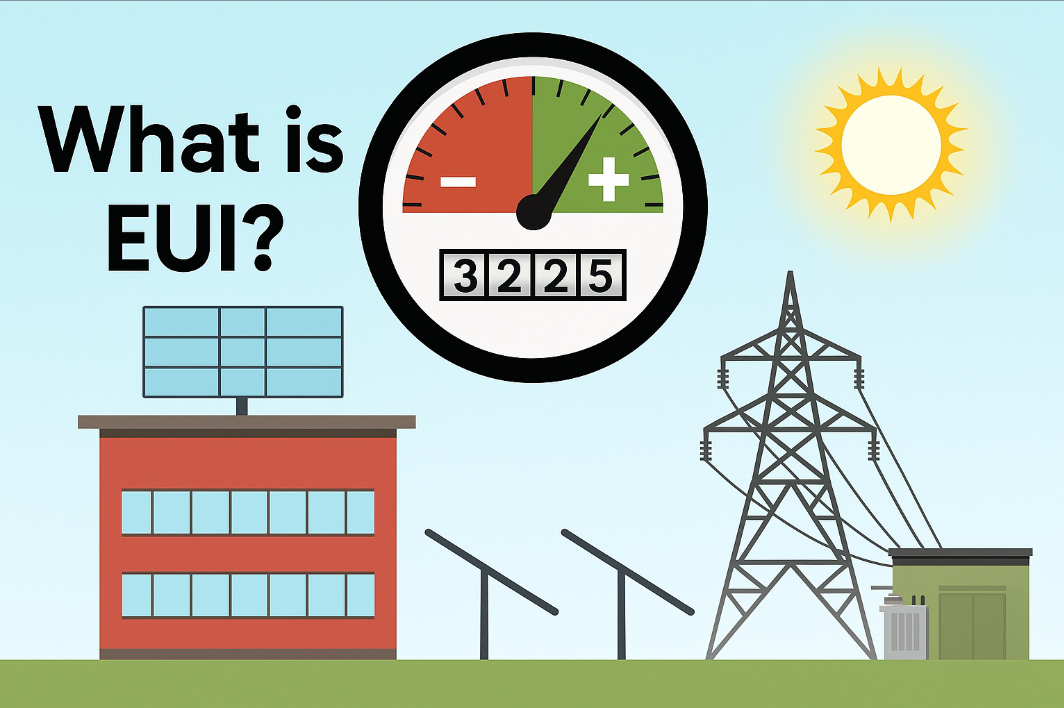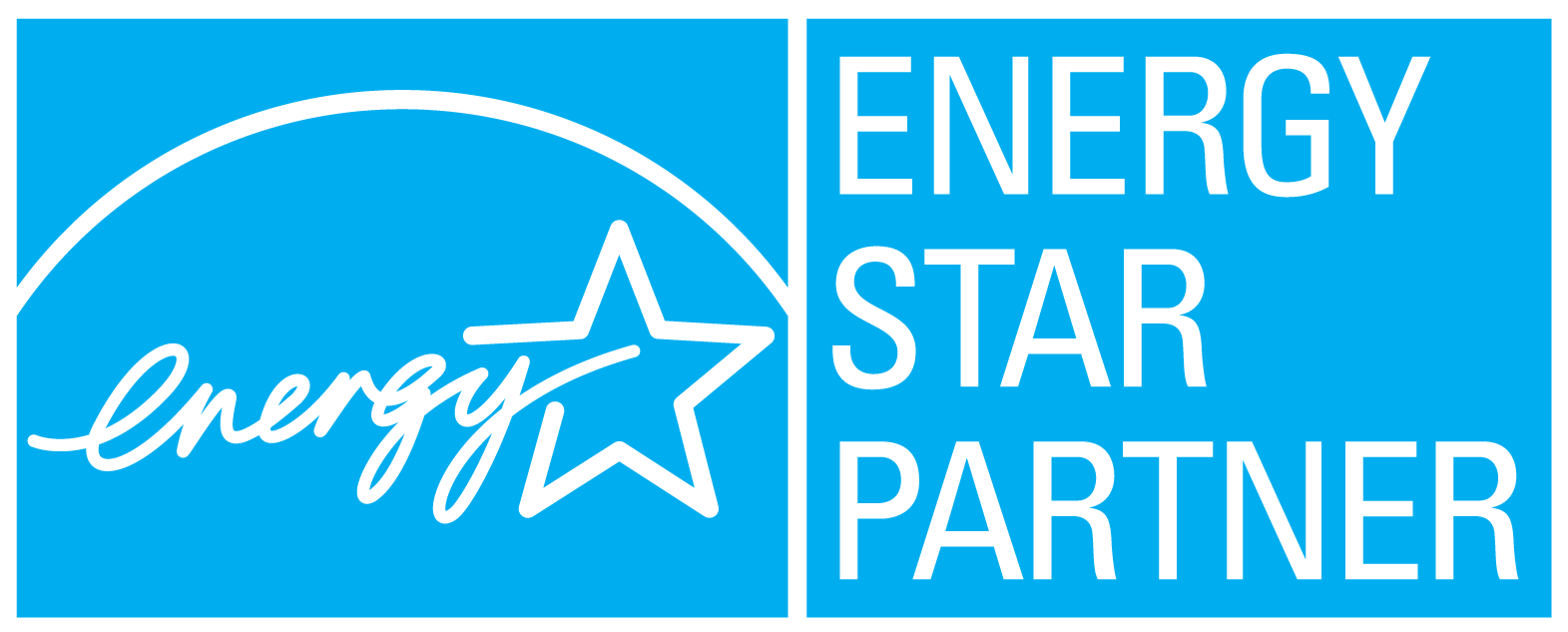The rapid growth of artificial intelligence (AI) and data-driven technologies has caused a surge in power consumption, forcing companies to rethink their energy strategies. To address this challenge, major players like Amazon, Google, and Microsoft are turning to nuclear energy as a reliable and sustainable solution. This shift signals broader implications for businesses across industries, making it crucial to understand the “who,” “what,” “why,” and the “how” behind this evolution.
Leading the charge in investing in nuclear energy are tech giants with some of the most demanding energy needs. Google has partnered with Kairos Power to develop small modular reactors (SMRs), a next-generation nuclear technology designed to power its data centers efficiently and sustainably. Amazon is investing heavily in nuclear infrastructure to support its AI-driven workloads and data center operations, with a particular focus on exploring SMR technology. Microsoft, in a bold move, signed a 20-year contract with Constellation Energy to revive the Three Mile Island nuclear plant, ensuring a reliable supply of clean energy for its facilities. These companies are setting the stage for a major shift in how power is sourced and utilized.
The move to nuclear energy is driven by the unprecedented energy demands of AI, machine learning, and cloud computing. In the U.S. currently 4% of the total electricity is being used by AI-drive data centers some estimates predict that data centers in the U.S. alone could consume up to 9% of the nation’s total electricity by 2030. These technologies require consistent and large-scale power, which traditional renewable sources like wind and solar cannot always provide due to their intermittency. Nuclear energy, on the other hand, offers uninterrupted, scalable, and carbon-free power, making it an ideal solution for meeting high energy demands while aligning sustainability goals. By integrating nuclear energy into their operations, these companies are not only future proofing their power supply but also taking significant steps toward reducing their carbon footprints.
The growing demand for electricity could lead to rising energy costs, especially for those relying on traditional grids. Moreover, the pressure to meet sustainability standards from clients, stakeholders, and regulators makes the exploration of low-carbon energy options, including nuclear, increasingly important. While nuclear energy offers reliable and carbon-free power, it comes with challenges such as high upfront costs, long development timelines, and the need for secure, long-term storage of radioactive waste. Public concerns over safety, fueled by past accidents like Fukushima, and regulatory hurdles further complicate adoption. As grids face higher loads and disruptions pose significant risks to power-dependent operations, the proactive steps taken by companies like Amazon, Google, and Microsoft highlight the importance of strategic energy planning that carefully weighs both the benefits and challenges of nuclear energy.
Big Tech’s embrace of nuclear energy highlights the growing importance of reliable, sustainable power in a rapidly evolving energy landscape. As AI and data-driven technologies continue to expand, the demand for electricity will only increase. Companies that adapt their energy strategies to align with these trends will be better positioned to navigate the challenges ahead. Whether you’re in technology, manufacturing, or services, now is the time to reassess your energy strategy and prepare for the future of power generation.




